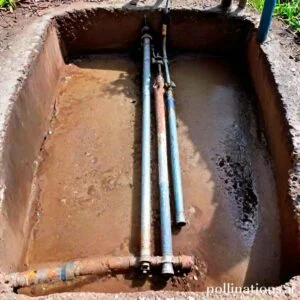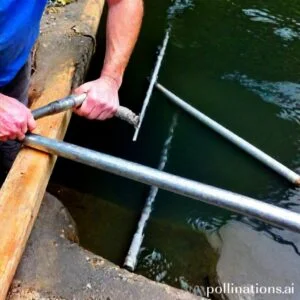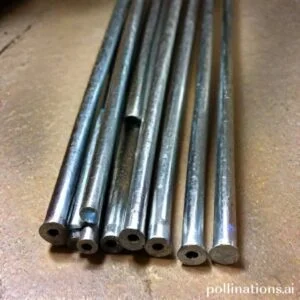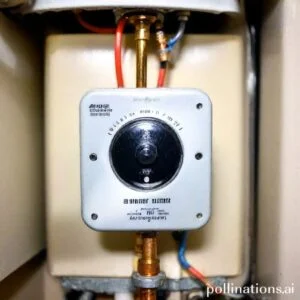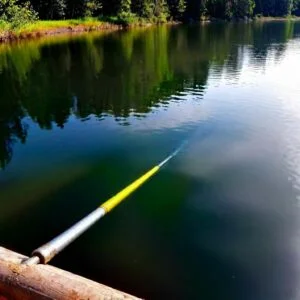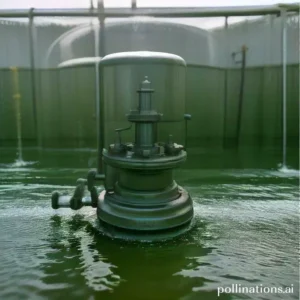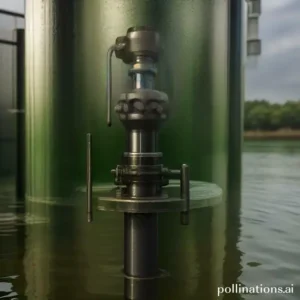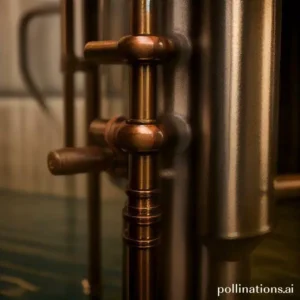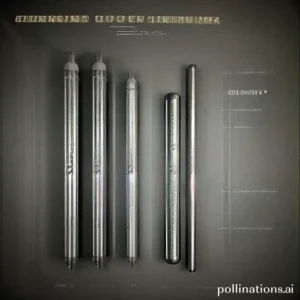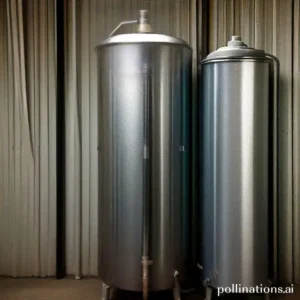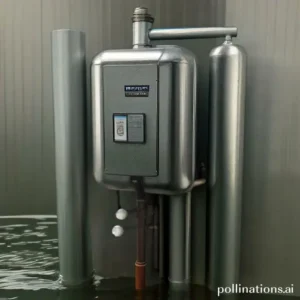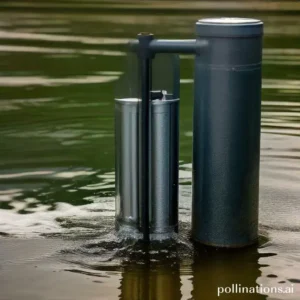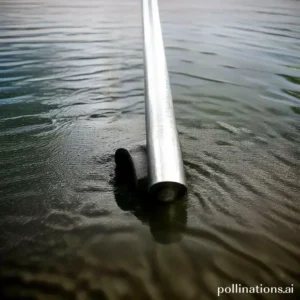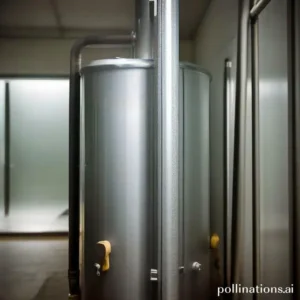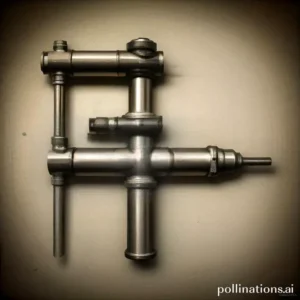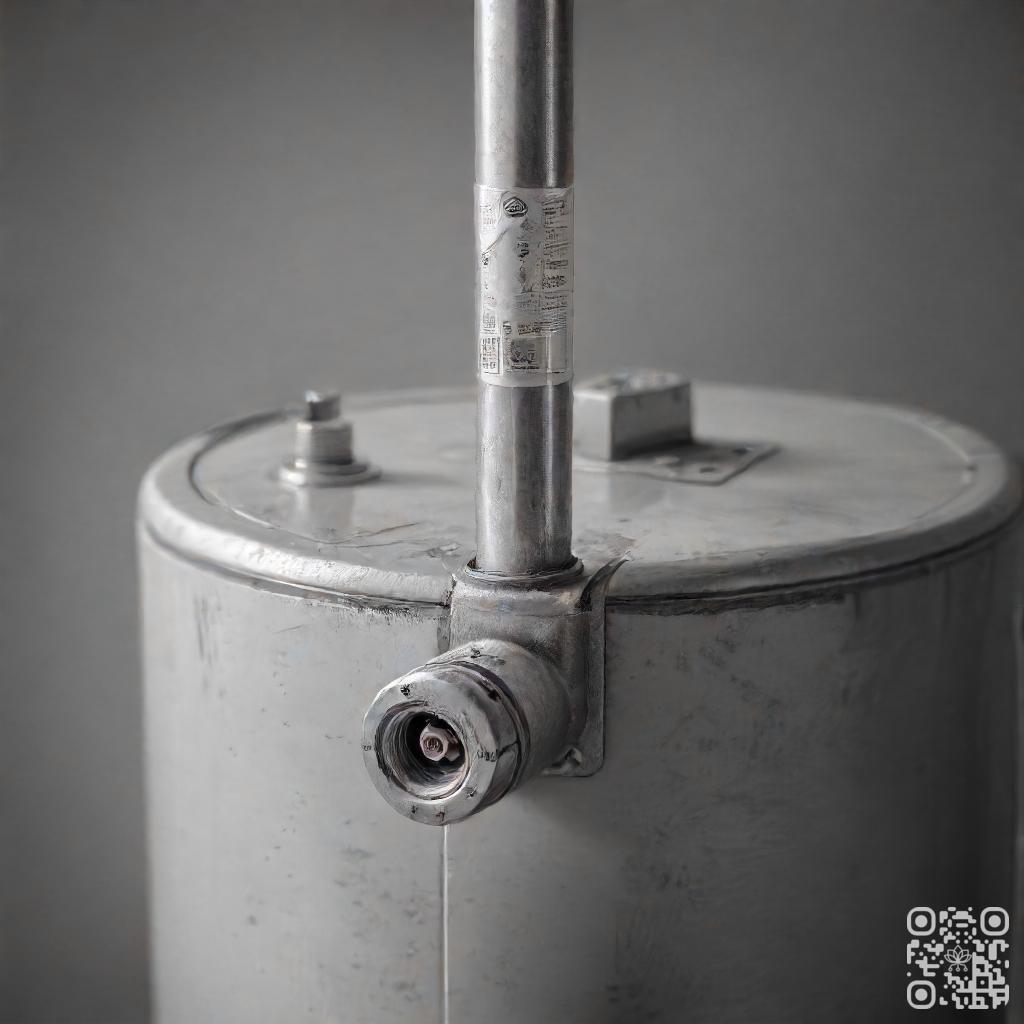
The anode rod in a water heater is a crucial component that helps prevent corrosion and extends the lifespan of the tank. Regularly replacing the anode rod is essential to ensure optimal performance and avoid costly repairs.
Generally, it is recommended to replace the anode rod every 3-5 years, depending on the water quality and usage. By proactively replacing the anode rod, you can protect your water heater and enjoy hot water for years to come.
What is an Anode Rod?
An anode rod is an essential component of a water heater that helps prevent corrosion and extends the lifespan of the tank. It works by attracting corrosive elements in the water, sacrificing itself to protect the inner lining of the tank.
Composition and function of anode rods
Anode rods are typically made of magnesium, aluminum, or a combination of both. These metals are more reactive than the steel tank, making them ideal sacrificial materials. The rod is inserted into the tank and connected to the top of the tank or the hot water outlet.
When water is heated, it releases oxygen and other corrosive elements. The anode rod attracts these elements, which then corrode the rod instead of the tank. This process, known as electrolysis, helps prevent rust and corrosion from forming on the tank walls.
Over time, the anode rod deteriorates and needs to be replaced. Regular inspection and maintenance of the anode rod can significantly prolong the life of your water heater.
Types of anode rods available in the market
There are different types of anode rods available, each with its own advantages and suitability for specific water conditions.
Magnesium Anode Rod: This is the most common type of anode rod. It provides excellent protection against corrosion in most water types but is less effective in hard water conditions. If your water is soft or has a low mineral content, a magnesium anode rod is a good choice.
Aluminum Anode Rod: Aluminum anode rods are suitable for hard water conditions. They are more resistant to corrosion than magnesium rods but may produce a slight metallic taste in the water.
Combination Anode Rod: This type of anode rod combines both magnesium and aluminum. It offers protection in a wide range of water conditions and is a versatile choice for most households.
| Type | Advantages | Suitability |
|---|---|---|
| Magnesium Anode Rod | Excellent protection against corrosion | Most water types, except hard water |
| Aluminum Anode Rod | Resistant to corrosion | Hard water conditions |
| Combination Anode Rod | Protection in a wide range of water conditions | Most households |
Signs of a Worn Out Anode Rod
In terms of your water heater, it’s important to keep an eye out for any signs of a worn-out anode rod. This small but crucial component plays a vital role in protecting your water heater from corrosion and extending its lifespan. Here are some indicators that your anode rod may need replacing:
1. Decreased hot water supply
If you’ve noticed a decrease in the amount of hot water available in your home, it could be a sign that your anode rod is worn out. Over time, the anode rod can become corroded and less effective at preventing rust inside the water heater tank. This can lead to a reduction in hot water production and leave you with less hot water for your daily needs.
2. Rusty water or metallic taste
Another telltale sign of a worn-out anode rod is the presence of rusty water or a metallic taste in your tap water. As the anode rod deteriorates, it can cause rust particles to mix with the water, resulting in discolored water or an unpleasant metallic flavor. If you’ve noticed these issues, it’s a clear indication that your anode rod needs attention.
3. Leaks around the water heater
Leaks around the water heater can be indicative of an anode rod that has reached the end of its lifespan. As the rod deteriorates, it can cause small cracks or holes to form in the tank, leading to water leakage. If you notice any signs of water pooling around your water heater or dampness in the surrounding area, it’s crucial to address the issue promptly to prevent further damage.
4. Unusual noises from the water heater
If you’re hearing strange noises coming from your water heater, such as popping, gurgling, or rumbling sounds, it could be a sign of a worn-out anode rod. As the rod degrades, it can create sediment buildup inside the tank, causing the water heater to make unusual noises during operation. Ignoring these sounds can lead to more significant issues down the line, so it’s best to have the anode rod checked and replaced if necessary.
How Often Should You Replace Your Anode Rod?
Regular maintenance of your water heater is crucial to ensure its optimal performance and longevity. One key component that needs attention is the anode rod, which plays a vital role in protecting your water heater tank from corrosion. Assimilating when to replace your anode rod can help you avoid potential issues and extend the lifespan of your water heater.
Factors that determine the lifespan of anode rods
Several factors influence how long an anode rod will last in your water heater:
- Water quality: The mineral content and pH level of your water can affect the rate of corrosion on the anode rod. Water with high mineral content or low pH levels can accelerate the deterioration process, requiring more frequent replacements.
- Usage: The frequency and volume of hot water usage in your household can impact the lifespan of the anode rod. Higher usage means the anode rod will wear out faster.
- Material: Anode rods are available in different materials, such as aluminum, magnesium, and zinc. Each material has its own corrosion resistance properties and lifespan.
Recommended replacement intervals for different types of water heaters
The recommended replacement intervals for anode rods vary depending on the type of water heater:
- Conventional storage water heaters: For these water heaters, it is generally recommended to replace the anode rod every 3-5 years. Although, if you have hard water or notice signs of corrosion, more frequent replacements may be necessary.
- Tankless water heaters: Tankless water heaters usually have a longer lifespan for anode rods compared to conventional storage water heaters. It is recommended to replace the anode rod every 5-7 years or as specified by the manufacturer.
- Hybrid heat pump water heaters: The anode rod in hybrid heat pump water heaters should be inspected annually and replaced as needed, typically every 3-5 years.
Regular inspection of your anode rod is essential to determine its condition and decide when replacement is necessary. Consult your water heater manufacturer’s guidelines for specific recommendations based on your model.
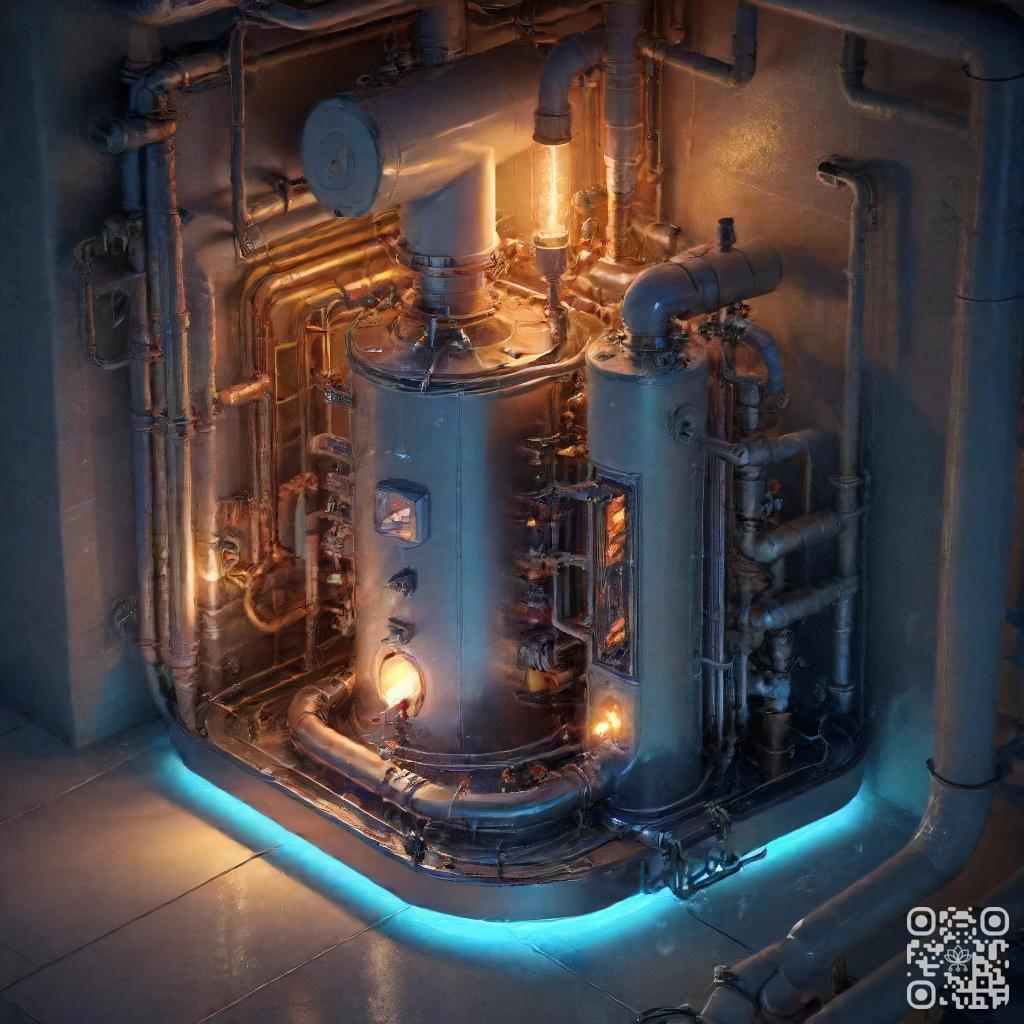
DIY vs. Professional Replacement
1. Steps involved in replacing anode rods
Replacing anode rods is an essential maintenance task for ensuring the longevity and efficiency of your water heater. It involves the following steps:
- Turn off the power supply to the water heater.
- Shut off the water supply and drain the tank.
- Locate the anode rod on top of the tank.
- Use a wrench to loosen and remove the old anode rod.
- Inspect the rod for signs of corrosion or wear.
- Insert the new anode rod and tighten it securely.
- Refill the tank and turn on the water supply.
- Turn on the power supply and allow the water heater to heat up.
2. Tools required for DIY replacement
If you choose to replace the anode rod yourself, you will need the following tools:
- Adjustable wrench
- Bucket
- Teflon tape
- Rubber gloves
- Flashlight
3. Benefits of hiring a professional for replacement
In the course of DIY replacement can save you money, hiring a professional for the task has several advantages:
- Expertise: Professionals have the knowledge and experience to perform the replacement correctly.
- Time-saving: Hiring a professional saves you time and effort, as they can complete the task quickly and efficiently.
- Warranty: Professionals often offer warranties on their work, giving you peace of mind.
- Safety: Anode rod replacement involves working with electricity and water, so it’s crucial to prioritize safety. Professionals are trained to handle such situations safely.
In the realm of anode rod replacement, both DIY and professional options have their merits. Consider your skill level, available time, and budget before making a decision. Whether you choose to tackle the task yourself or hire a professional, regular anode rod replacement is essential for maintaining the efficiency and lifespan of your water heater.

Choosing the Right Anode Rod
Anode rods play a crucial role in protecting your water heater from corrosion. When selecting an anode rod for your water heater, there are several factors to consider.
Factors to Consider When Selecting Anode Rods
- 1. Material: Anode rods are typically made of different materials such as aluminum, magnesium, and zinc. Each material offers varying levels of protection against corrosion.
- 2. Water Chemistry: The type of water in your area can affect the lifespan of an anode rod. For example, if you have hard water with high mineral content, you may need a more durable anode rod.
- 3. Tank Size: The size of your water heater tank is an important consideration when choosing an anode rod. Larger tanks may require longer anode rods to provide adequate coverage.
- 4. Maintenance: Some anode rods require regular maintenance, such as flushing or replacement. Consider the maintenance requirements when making your selection.
Popular Brands of Anode Rods and Their Features
There are several popular brands of anode rods available in the market, each with its own unique features. Here are a few noteworthy options:
- Brand A: Known for its high-quality magnesium anode rods that provide excellent corrosion protection.
- Brand B: Offers aluminum-zinc alloy anode rods, which are highly effective in preventing rust and extending the lifespan of your water heater.
- Brand C: Specializes in flexible anode rods that can be easily installed in tight spaces, ensuring comprehensive corrosion protection.
Bottom Line
Replacing the anode rod in your water heater is an essential maintenance task that should not be overlooked. The frequency of replacement depends on various factors such as the type of water in your area, the size of the tank, and the quality of the anode rod. Nonetheless, it is generally recommended to replace the anode rod every 3-5 years to ensure the longevity of your water heater and prevent costly repairs. Neglecting to replace the anode rod can lead to corrosion, leaks, and even the need for a new water heater. Regular maintenance and replacement of the anode rod can save you money in the long run and provide you with reliable hot water for years to come.
Read More:
1. Diy Anode Rod Inspection Tips For Water Heater?
2. Importance Of Anode Rod In Water Heater Maintenance?
